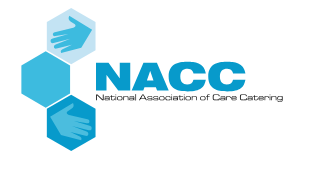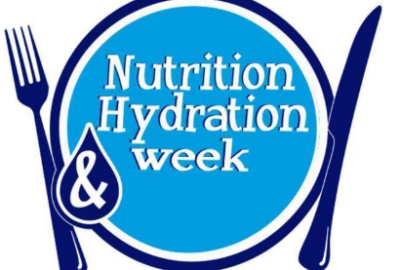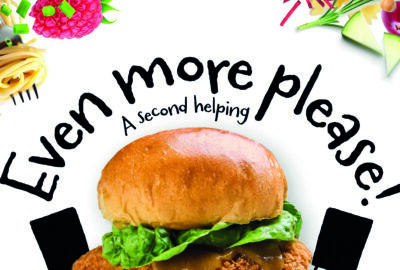A YouGov poll found that 2.4million children are living in food insecure households, and two million children have received smaller portions, a reduced number of meals and/or low-cost, less nutritious meals because their parents have run out of food.
Food insecurity driven by isolation and economic hardship in households with children has doubled since lockdown came into effect, with parents in 2.8 million households with children reporting a loss of income.
• Half a million of the children who normally receive free school meals have received no substitute at all since schools closed.
• Higher levels of food insecurity were also reported by NHS workers in households with children: 17% had skipped a meal, 11% had been hungry and not eaten because of a lack of food, 9% had not eaten for a whole day and 5% said their child hadn’t eaten enough.
The Trussell Trust also reported an 81% increase in people needing support from food banks at the end of March compared with the same time last year.
Dame Emma Thompson
Dame Emma Thompson, Children’s Right2Food Campaign Ambassador, said: “Families who were fighting to put food on the table before COVID-19 now find themselves in an impossible position: just a month of lockdown has seen five million parents and children experience food insecurity. What is undeniable is that our government has yet to extend real lifelines to those who cannot afford food. We need emergency income support to put money in the pockets of families who are suffering, and DWP must ensure child benefit payments are increased and sufficient for alleviating the hardship so many children are enduring.”
Anna Taylor, executive director of the Food Foundation, said: “Protecting our children should be a priority, but we’re leaving them behind in conversations about emergency support and they’re falling through the cracks as a result. Having enough nutritious food to eat is a basic right, and without it children’s mental and physical health suffers irreparably.”
Bruce Adamson, said
Bruce Adamson, Commissioner for Children and Young People Scotland, said: “Poverty and food insecurity was the biggest human rights issue facing children in the UK before the COVID-19 pandemic and this polling reiterates that the pandemic is having a disproportionate effect on those already most at risk. The United Nations Committee on the Rights of the Child has warned of the grave physical, emotional and psychological effect of the COVID-19 pandemic on children and called on governments to activate immediate measures to ensure that all children have regular, permanent and unrestricted access to nutritious food. Despite the significant efforts of schools, charities and communities, we are still falling short of this most basic obligation to ensure children have enough food.
A Shining Light in Dark times
Many organisations, schools, children centres and caterers are working together to provide innovative solutions to try to ensure that children and families to not go hungry. We have highlighted a few of the brilliant organisations that are helping to support the vulnerable during this crisis and beyond.
The Trussel Trust supports more than 1,200 food bank centres in the UK to provide a minimum of three days’ nutritionally-balanced emergency food to people who have been referred in crisis, as well as support to help people resolve the crises they face. www.trusselltrust.org
Independent Food Aid Network (IFAN) is the UK network for independent food aid providers, supporting and connecting a range of independent frontline food aid organisations while also advocating on their behalf at a national level. There are at least 822 independent food banks in the UK today, and this does not include those operating out of schools. www.foodaidnetwork.org.uk
FareShare redistribute surplus food to frontline food aid organisations as well as other kinds of charities that turn it into meals. Their 1,500 volunteers have redistributed 24,074 tonnes of food and 933,178 people per week are supported by their charity members. www.fareshare.org.uk
Food Cycle are a national charity that builds communities through surplus food, volunteers and spare kitchen spaces. They create tasty three-course meals for vulnerable people across the UK, and are united by the simple belief that food waste and food poverty should not co-exist. They have cooked and served 1,011,655 meals for their guests around the UK. www.foodcycle.org.uk/ who-we-are/
If you have a story to share about how you’re helping your local community, we would love to hear from you.
Email us at editor@stiritupmagazine.co.uk
Supporting Success in Education Catering
Get the latest School and Education Catering News, along with helpful tips to support positive behaviour and student achievement



